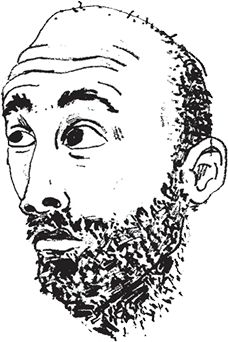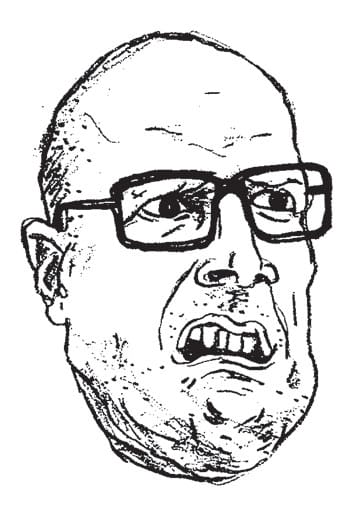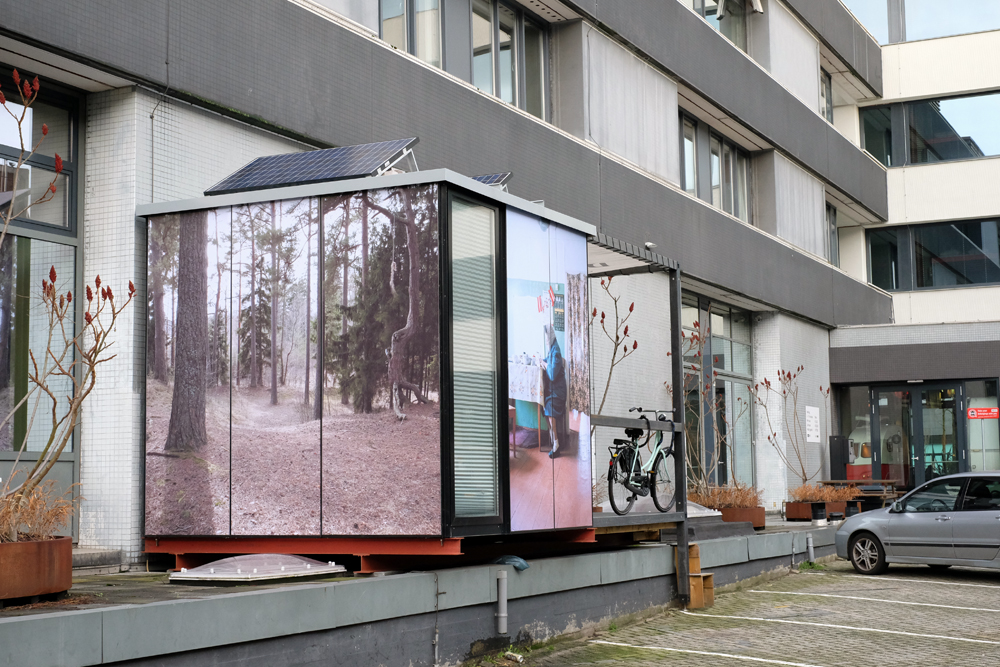 Tell us something about your project Homeland. What’s it about?
Tell us something about your project Homeland. What’s it about?
“Homeland is an exploration of identity, ethnicity, tradition, culture and my home country. The story is about Kaltene in Latvia, the small village I grew up in and the people who live there. It’s a collection of several places into one place through the process of memory and reflects on villager’s existing relationship with the land. Keltene is the longest village in the country. This refers to the geographical aspect: it’s literally the longest village. But is also metaphoric for the length of our lives. You don’t know where life will take you. But you know where you come from. I wanted to represent the memory of landscape and what it can hold for us. How important this land where we come from is and how we become connected with it in our childhood. The village still exists now, but I’m afraid it will disappear. I wanted to create something that can last forever.»
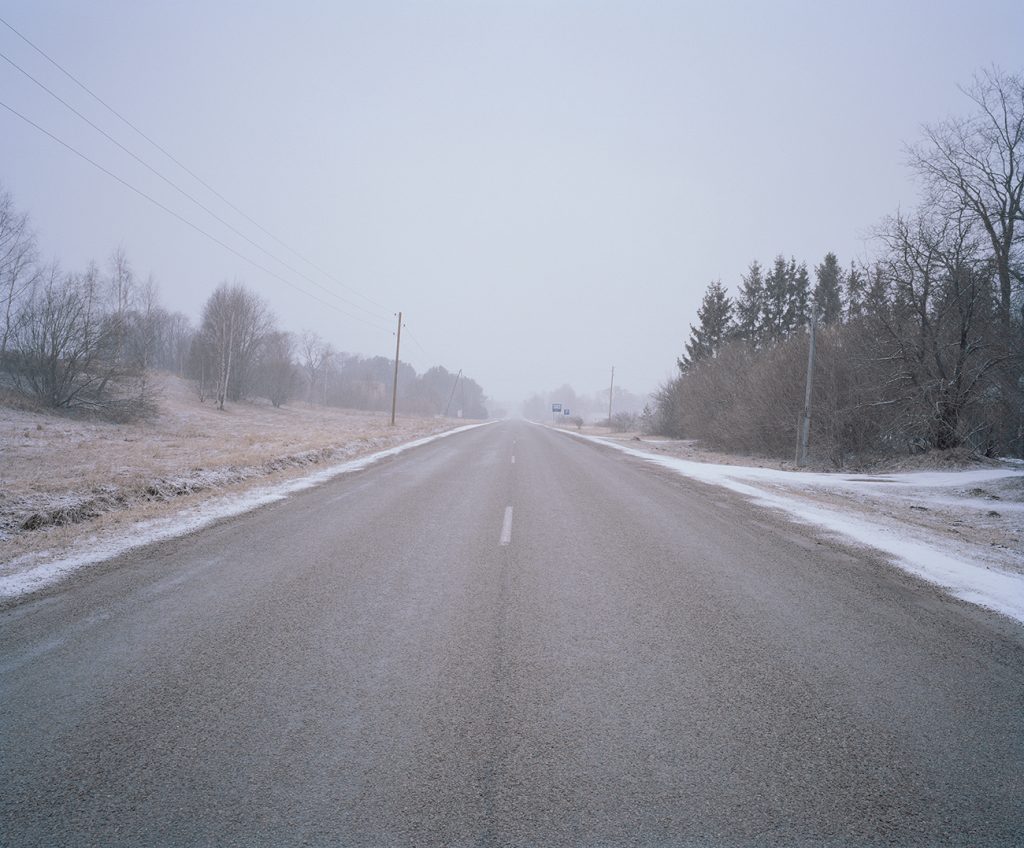
So where did it all begin?
“In April 2015 I went back to my hometown while I was still living in London. In my previous work, I was already playing with subjects like spaces, traveling and landscapes. I did a project in and about airports, where I explored (and still am exploring) the interesting spaces there. When I got back to my village, everything fell into place. I saw the light, I saw the people and I saw how it’s just slowly disappearing because young people are leaving to bigger cities or other countries. At that time there were still some expired rolls of photonegative in my fridge, so I took it and started to explore the environment for the very first time. The project became a metaphor for a way of life, passing of time and for how time affects and changes our sense of place.»
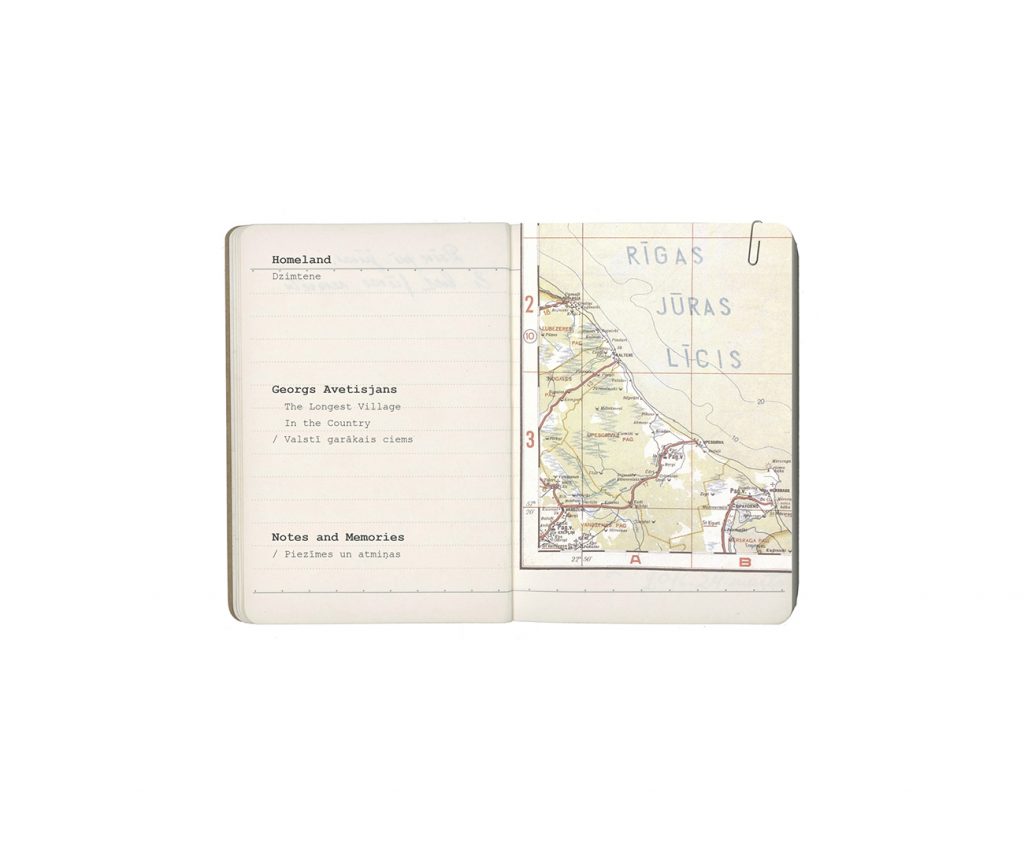
Why do you think the story is important to tell?
«Nowadays, we live in a different time. Technology flows, nationalism slowly disappears, borders are open for a new modern identity of our time. I believe that our generation sees the world as one country. Younger generations expand boundaries. The only real home we have is our body, and we take good care of it. But when you’re away for a long time and return to your hometown, you suddenly see it differently. You feel nostalgic. I wanted something that represents that. For people who are away to feel nostalgic and to be reminded about their own homeland.”
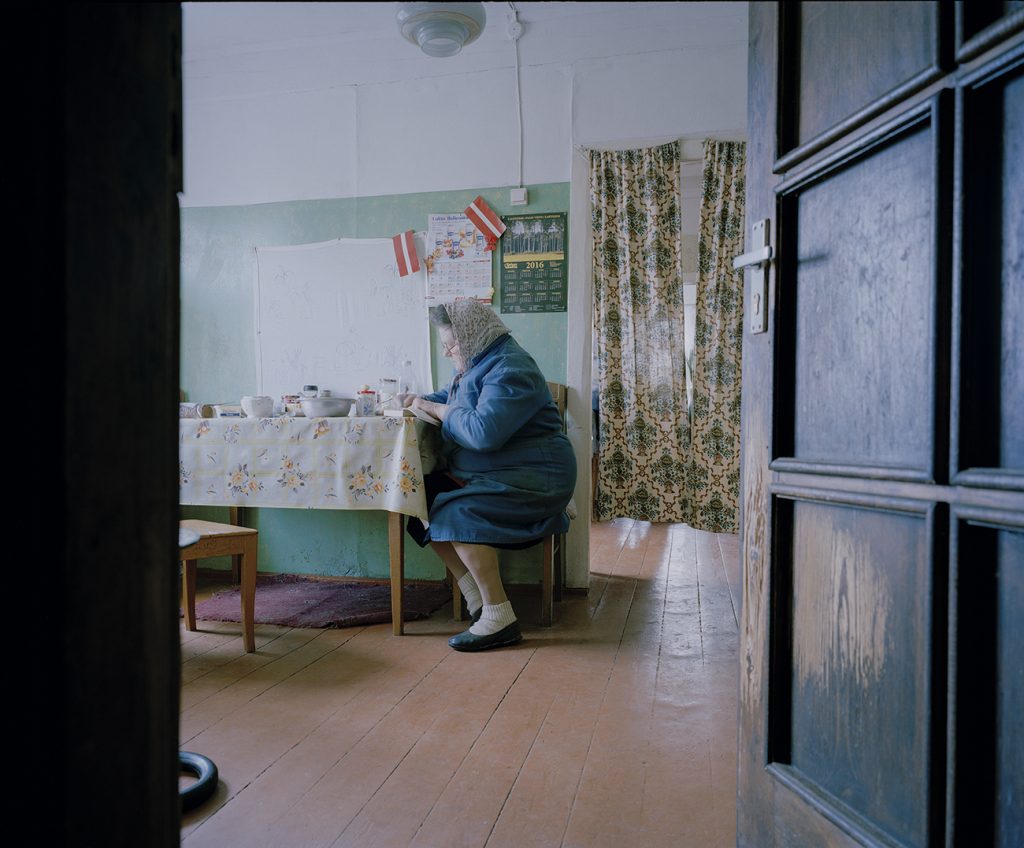
You interviewed a lot of people. Was there one conversation that was most memorable?
“Yes. With my mom. That was basically the core of the project. I still feel emotional when I read the interview. It’s got to do with my father. I never met him, because he died when I was really young and my mom never got together with anyone else. Normally we don’t talk about this. So it was pretty emotional.”
What would you dream to achieve with your photos in the future?
“Well, I don’t talk about my dreams too much. But I think I’m on my way. I don’t see photography as only taking pictures. It’s about gaining knowledge and experiencing a subject. I want to keep learning. And I think if you really believe in something, it will work out. Besides that I’d love to live from creating photographs. That would be the best. I might not be able to settle in one place though. But if I were to settle down, I’ll settle down in my home country.”
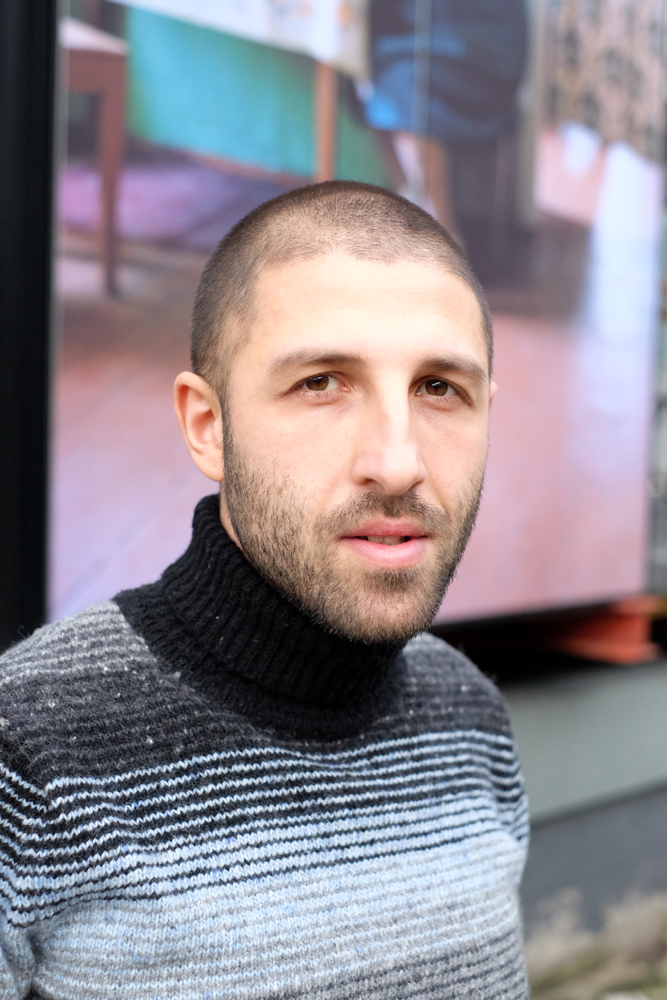
Every month a new docker calls the hub its home as part of Volkshotel’s annual Artist in Residence project. Check out www.dockingstation.today to see what story is evolving under your nose this very moment.
Georgs Avetisjans – Homeland
Georgs Avetisjans is a UK-based photographer / visual narrator from Latvia. This year he graduated from the University of Brighton with a Master’s Degree in Photography. He has had several exhibitions in Latvia, Italy, China and the UK.
georgeavetisyan.com
Book presentation – Homeland
27 January // 18:00 // PhotoQ Bookshop // Amsterdam
Docking Station
Marga Rotteveel & Anaïs López (founders)
www.dockingstation.today

